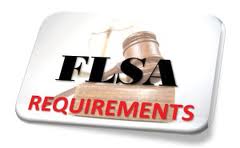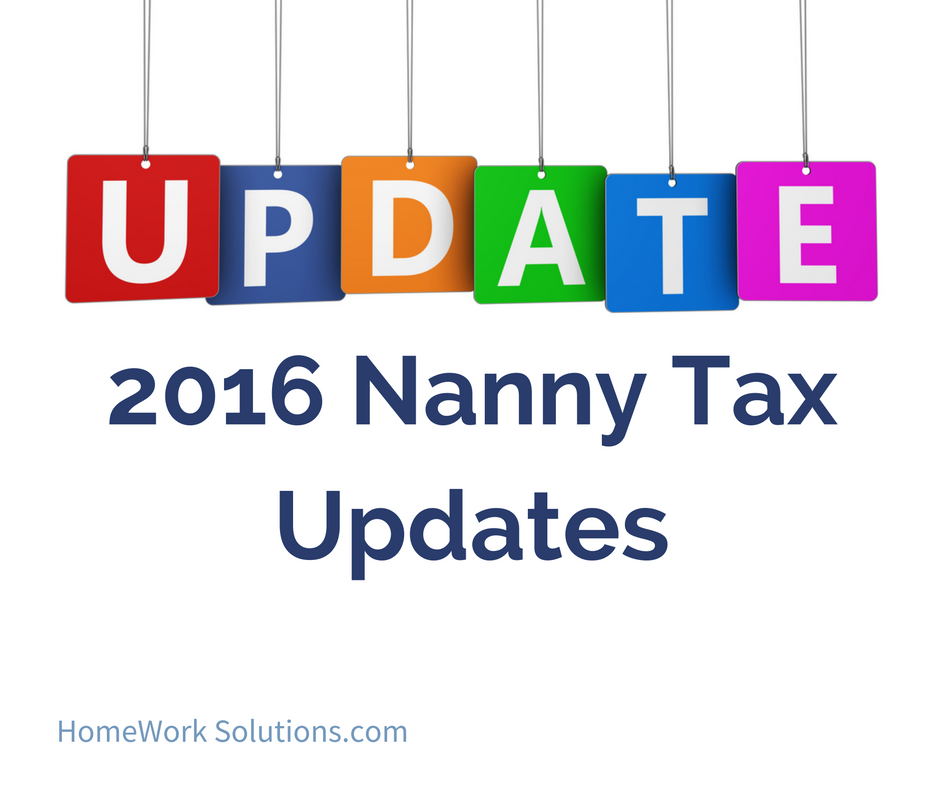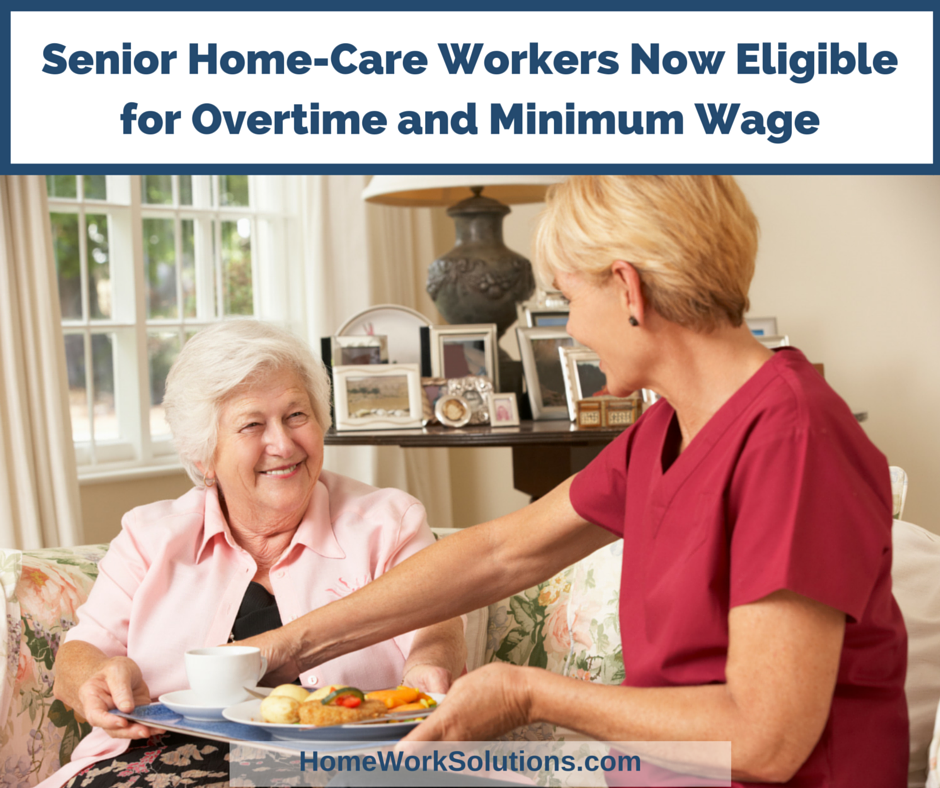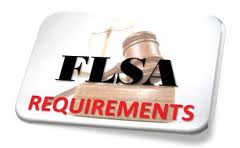2016 was a busy year in household employment. From Domestic Worker Bill of Rights legislation, stepped up enforcement of independent contractor misclassification and the implementation of Fair Labor Standards Act updates impacting in home senior caregivers and domestic worker overtime eligibility, the states and Federal governments have been busy in this arena.
Read More
Topics:
domestic workers bill of rights,
worker misclassification independent contractor,
companionship exemption
Agency Senior Home-Care Workers About to Become More Expensive
The Obama Department of Labor has been working for the last four years to include senior home-care workers employed by third parties under the Fair Labor Standards Act's minimum wage and overtime provisions. There was also a parallel effort to redefine the services a bona fide senior companion caregiver could provide to align with the Congress' intent of the 1974 expansion of the Fair Labor Standards Act.
Read More
Topics:
companionship services,
companionship exemption,
senior home care,
senior home caregiver,
senior home-care workers
Employment law, wage and hour law, and payroll tax requirements for privately employed senior caregivers are governed by a complex assortment of Federal and state rules and legislation. The scope of duties is used on the Federal level to distinguish companionship care - exempt from Federal minimum wage and overtime protections - from other domestic services that do enjoy FLSA protections.
Read More
Topics:
companionship services,
companionship exemption,
senior home care,
senior home-care workers
As more and more senior are opting to "age in place", the direct hiring of senior caregivers are being sought out by family members. Families have questions about minimum wage, overtime and questions about what constitutes payable hours during the care day. Often, they are not aware of the tax obligations of employing a household employee.
Read More
Topics:
elder care,
senior caregivers,
companionship services,
companionship exemption

The US Department of Labor on September 17, 2013 issued revised rules within the Fair Labor Standards Act (FLSA) that impact employers of senior caregivers that go into effect January 1, 2015.
A key revision is the definition of what constitutes companionship care.
Why is defining 'companionship care' important?
Today, all senior caregivers who provide companionship care in the private home of an individual with disabilities or the elderly are exempt from the minimum wage and overtime protections of the FLSA, and are defined as providing “companion care services.” The tasks and duties that constitute companionship care today are rather broad, and the rules that go into effect January 2015 significantly narrow the tasks and duties definitions. While some privately employed companions will continue to fit the designation of companion caregivers, the new rules will not permit agency-employed caregivers to be classified as companions, period.
Agency-employed caregivers will all be covered by minimum wage and overtime FLSA protections. Agency-employed caregivers may not be classified as companions for wage and hour compliance. Only privately employed senior caregivers providing bona fide companionship care services may qualify for this exemption.
Read More
Topics:
elder care,
companionship services,
companionship exemption
Direct hiring of senior caregivers by families continues to increase, and families have questions about minimum wage, overtime and whether to pay the elder caregiver when they are sleeping. US News and World Report recently noted that "by a 9-to-1 ratio, people prefer to stay in their homes as they get older rather than moving into an institution." They often become household employers as they hire individual home-care workers to help them age in place.
Read More
Topics:
elder care,
senior caregivers,
companionship services,
companionship exemption,
senior home-care workers
The U.S. Department of Labor announced in December a proposed rule change that would extend minimum wage and overtime protections to cover elder care workers who currently fall under the companion exemption in the Fair Labor Standards Act. The DOL extended the comment period on its proposed rule to extend minimum wage and overtime protections to elder care workers to March 21. Originally the comment period was scheduled to close on Feb. 27. This is the second extension.
Read More
Topics:
companionship services,
companionship exemption
The US DOL has proposed a series of rules changes that will result in a substantial number of elder care and home care workers being covered by the Fair Labor Standards Acts' (FLSA) minimum wage and overtime protections. This continues a trend of increased regulation and enforcement in the area of domestic service employees, with an increasing number of household workers being subject to Wage and Hour protections and enforcement. The proposal more strictly limits and defines the services of a "companion," and states that household employers MUST maintain accurate and contemporaneous time tracking records and pay household staff for every hour on duty. It also states that employees of third party employers such as staffing agencies are not exempt from minimum wage and overtime protections. Public comments will be solicited when the proposal is published in the Federal Register.
Read More
Topics:
elder care,
senior caregivers,
homecare,
companionship services,
companionship exemption
The Fair Labor Standards Act (FLSA) as amended in 1974 extended minimum wage and overtime protections to most household workers.
Read More
Topics:
elder care,
senior caregivers,
homecare,
companionship services,
companionship exemption







